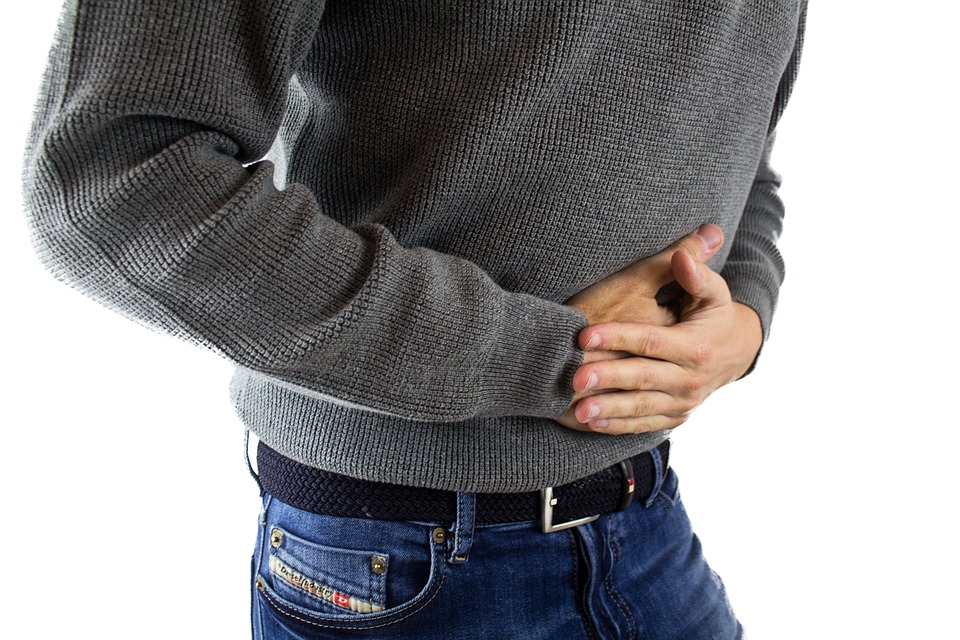Intermittent fasting may be the latest dieting fad, especially among youngsters, but alas every rose has its thorn. So, today let’s discover the downsides of intermittent fasting!
What Is Intermittent Fasting?
Different diets consist of the consumption of different types of foods. However, they all focus on what to eat. On the other hand, intermittent fasting is more about when to eat. It’s about juggling between fasting and eating periods, and this type of diet has become one of the world’s most famous fitness trends.
The most common intermittent fasting method used by people is the 16:8 diet plan, where individuals can consume food for 8 hours and then avoid food for the remaining 16 hours of the day. It is noted by many that this diet plan can actually help in losing weight, improving health and developing healthy lifestyles.
Several studies have indicated that intermittent fasting really has some strong effects on both the body and the mind and can help you live longer. However, what about the other side of the coin?
The Drawbacks of Intermittent Fasting
#1. Increased Risk of Certain Adverse Health Conditions

Suppose you are a lean person or one with a quite active lifestyle, following the intermittent fasting can lead to some hormonal imbalances in your body. In turn, it can result in conditions such as insomnia, increased stress or thyroid issues.
It can lead to more complicated health issues in women as it can highly affect their menstrual cycles and potentially cause fertility problems.
#2. Low Energy Levels
Like a car, we need fuel to keep running throughout the whole day. However, the restricted eating schedule of intermittent fasting acts as a barrier and prevents people from acquiring sufficient energy to carry out their daily activities. For example, a study in 2016 showed that people who followed the intermittent fasting had low levels of energy and experienced the following conditions: constipation, feeling cold, lack of focus and headaches.
#3. Digestion Problems

What happens when the someone eats after a prolonged fasting period? You can end up with digestive discomfort including cramping, abdominal pain, indigestion and bloating.
#4. Low Blood Sugar
Low blood sugar, more commonly known as hypoglycaemia, is a drastic fall in blood sugar levels. With intermittent fasting, skipping meals and not eating enough food can lead to hypoglycaemia and this is more dangerous for diabetic patients.
#5. A Slower Metabolism

When an individual often fasts for long periods of time without consuming the necessary calories, there is a possibility that the body goes into starvation mode. During the starvation mode, to conserve energy, the body’s metabolism tends to slow down and start to use the muscles protein as the source of fuel. For example, even a short 24-hour intermittent fast can reduce your Basal Metabolic Rate which refers to the number of calories required to keep your body functioning while at rest.
#6. Muscle Loss
Research published in the Jama Internal Medicine indicated that intermittent fasting could lead to a potential muscle loss in some individuals.
#7. Reduction in Physical Activities

An intermittent fasting plan does not recommend physical activity and furthermore, due to the prolonged fasting time, people often feel tired and fail to carry out some physical exercises.
#8. Increased Hunger
In intermittent fasting, the long periods of not eating can lead to an uncontrollable hunger where people start to consume more than they usually eat. It affects mostly people who tend to have frequent meals a day or those who cannot stay without food for more than 4 hours.
#9. Social Life Is Affected

Eating has become more social activity. If you think about it, all important and memorable occasions and celebrations in our lives such as weddings and birthdays include food. However, with intermittent fasting, it is difficult for you to be present at social gatherings where there is usually an abundance of foods.
Furthermore, you won’t be able to enjoy lunch meetings, romantic candle-light dinners, and late-nights snacks with family members.
As discussed above, we have found that nothing comes for free and this eating pattern brings some downsides along with it. But, will you still take the risk and follow this dieting plan? Please share your comments!


